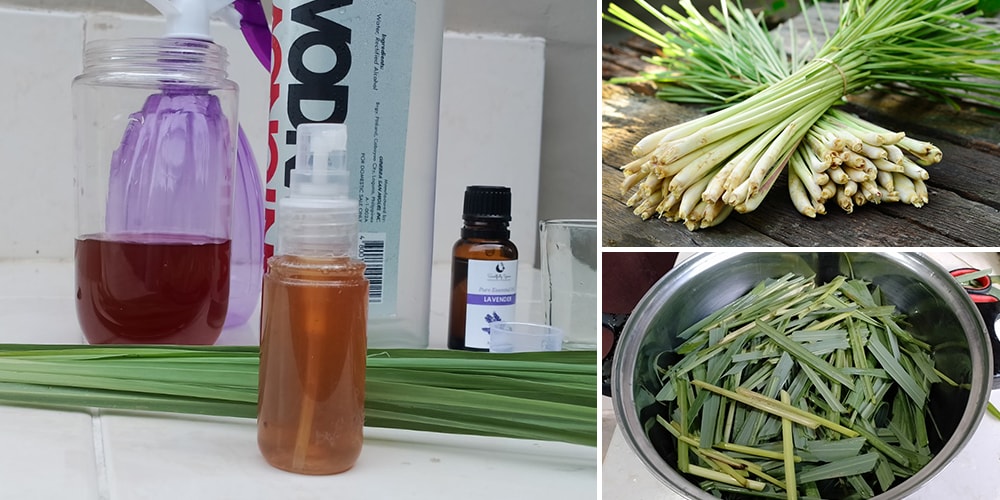
DIY Herbal Mosquito Repellent
Mosquitoes are everywhere. The sad part is they can bite anywhere at any time. Once the season becomes more humid, expect a scourge of mosquitoes invading your home and being more rampant outdoors.
These pesky critters are irritating. But most importantly, mosquitoes also harbor many diseases. Thus, you have to do the extreme to keep them at bay and make sure your family is always protected.
Mosquito repellents were a go-to aid for many people until recently when their ingredients were subjected to inquisitions. Accordingly, commercial insect repellents contain DEET, an ingredient that is said to cause neurological problems in high concentrations. While DEET is safe when used in low amounts, proper care and caution are necessary when applying it to the skin.
If you are concerned about product safety, the easiest way of warding off insects and bugs is by using essential oils. You can also find several backyard herbs that are excellent repellents.
Plants That Act as Mosquito Repellents
Some plants attract mosquitoes while others effectively repel them. Bamboo, taro, papyrus, water lilies, water hyacinths, jasmine and other flowering plants are mosquito favorites.
On the other hand, lemongrass, citronella, marigold and lavender are some of the plants that repel mosquitoes. These are the best for planting around or near the house. You can also use these plants in homemade sprays or topicals against mosquitoes.
Lemongrass
Lemongrass (Cymbopogon citratus) is one of the plants against mosquitoes favored by many for its mild scent. Lemongrass contains citronella oil which effectively repels mosquitoes and even house flies. Its oil is often used as the main ingredient in many bug-repellent sprays and also works well in homemade bug sprays.
Citronella
Citronella (Cymbopogon nardus) is a relative of the lemongrass often mistaken as one for the other. These two are different plants but are as effective as each other in fending off mosquitoes. Citronella is mostly cultivated for its oil and used in mosquito sprays but has little to no culinary value. You can tell citronella apart from lemongrass for its magenta base or stem and wider leaf blade.
Marigold
African marigolds (Tagetes erecta) and French marigolds (Tagetes patula) exude a strong smell you either love or hate. But as for mosquitoes, they downright hate the smell of these plants so much that they don’t want to stay in a garden planted with marigolds. It also deters deer and soil nematodes making marigolds a very beneficial ornamental plant. You can make an insect repellent out of a marigold flower or pour its essential oil into the mosquito breeding ground to kill the larvae.
Lavender
The floral scent of lavender (Lavandula angustifolia) is repulsive to mosquitoes. Plant it in your garden if you want to prevent them from proliferating. Lavender makes an effective anti-mosquito spray since the flower also alleviates itching and pain caused by mosquito and other insect bites. You can get your own lavender seeds here.
Neem
The neem tree (Azadirachta indica) is referred to as the mosquito tree for its effectiveness in warding mosquitoes off its vicinity. It is considered a powerful antimalarial plant for its ability to disrupt the development of the larva of Anopheles mosquitoes. Neem oil is an excellent mosquito repellent and a DEET-free alternative for both indoor and outdoor use.
Homemade Herbal Mosquito Repellent
I recently concocted a homemade headache elixir from jojoba, lavender and peppermint oil. It is also as effective in deterring mosquitoes. I applied it in the evening when mosquitoes are at their peak and I noticed no biting for hours.
But you know what oil feels like on the skin and not everyone is fond of its clammy and greasy feel. So, I went on to try a mosquito spray that is light on the skin and is useful as a home insect repellent spray.
Distilled or boiled water and essential oil is the basic recipe you can do. However, you can boost its repellent power by using lemongrass-infused water instead of plain water.
I also used lavender essential oil for its floral scent that blends well with the citrusy smell of lemongrass. You can use any essential oil of the plants mentioned above. Eucalyptus, peppermint, geraniol, basil, clove and lemon essential oils are also good mosquito repellents.
Lemongrass and essential oil alone won’t last long but adding vodka can extend its shelf life. Vodka, by itself, is also effective in deterring mosquitoes. Once they detect alcohol on the surface, they tend to stay away since alcohol can dry up their body. Just make sure to use plain vodka instead of sugary and flavored ones.
You will need:
- 100 ml/ 3.4 fl.oz spray bottle
- Small funnel
- Liquid medicine measuring cup
- Lemongrass stalk and leaves
- 30 to 50 drops lavender essential oil
- 25 ml (2 tablespoons of 80 proof vodka)
Steps:
- Gather a bunch of lemongrass and cut it into pieces. Put them in a pot and add water just enough to cover them.

- Boil until the leaves turn yellow. Allow to cool overnight and strain the decoction.

- Fill the ½ to ¾ of the spray bottle with the lemongrass water.
- Add the vodka and lavender oil. Shake the solution to mix them well.

- Store this natural mosquito repellent in a cool place and away from direct sunlight. You can store it in a fridge for about 3 weeks. Discard the mixture if you notice changes in its color or smell.
How To Use:
Shake the bottle and spritz the solution all over your skin and clothing. Reapply after a few hours when needed. The solution smells so good you can use it anywhere without bothering anyone.
You may also use this solution as mosquito spray all around the house by using a larger spray bottle. Use one part vodka for every two parts of water and add essential oil according to the strength of the smell that you want.
Note: Use this solution or any products containing essential oils with caution, especially if you are pregnant. If you are sensitive to the herb, discontinue using it.
Takeaway
Plants that mask the human scent are very helpful in preventing mosquitoes from feasting on your skin.
During humid seasons, arm yourself with insect and bug sprays that also work wonders in easing the itchiness from their bites. Plant mosquito-repellent herbs in your garden and destroy their breeding places. Wear protective clothing and equip your doors and windows with screens to keep these nasty insects out. Make your living space more comfortable and prevent potential mosquito-related diseases.

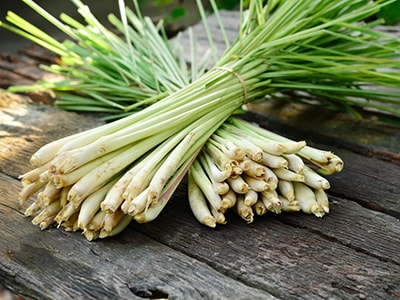
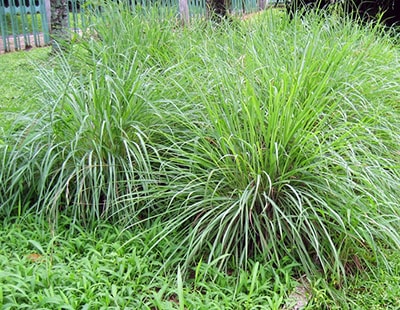
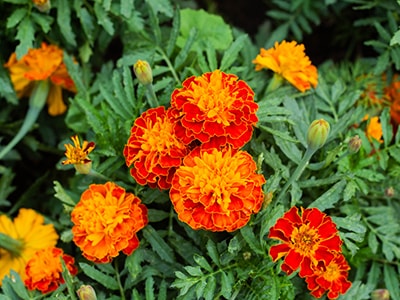
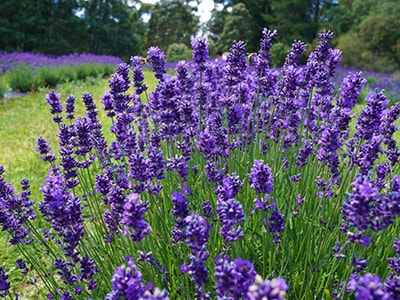
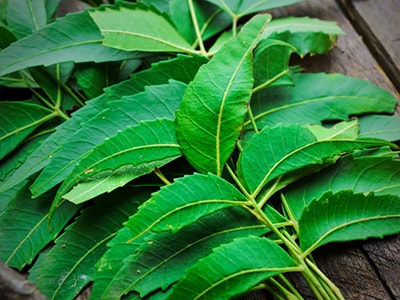
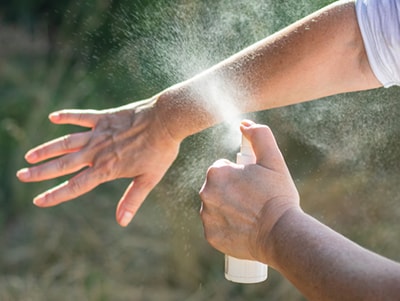
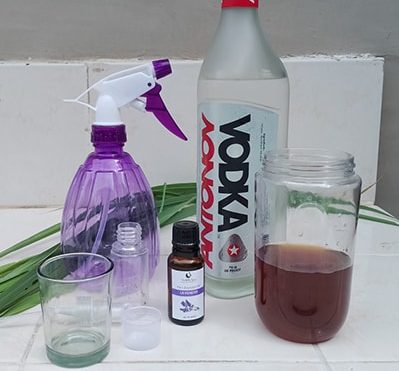
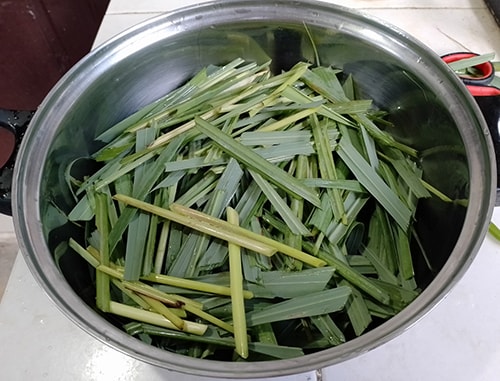
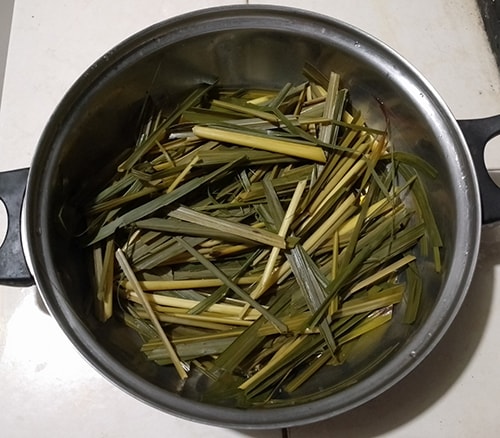
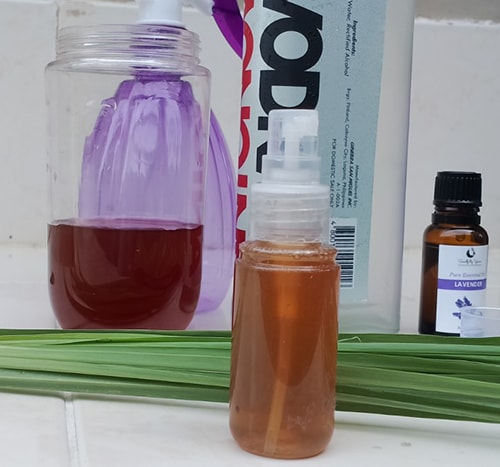
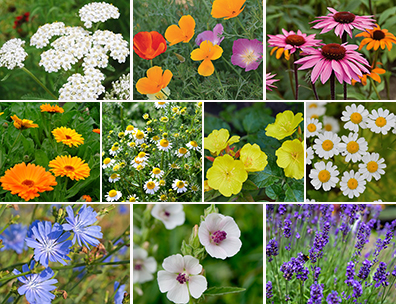
Is there a substitute for lemongrass of a similar smell, maybe sassafrass leaf or lemon balm? Your herb book is my go- to of the whole bookshelf. Thank you!!
Maybe Lemon Verbena?
Hi in Europe lemongrass is difficult to get. Which other herb fits in place?
Asian grocery stores may be a good source.
I’m in the States and got mine through Amazon.
Online herbal companies usually stock it.
I, like others in reply, want to know what a substitute for lemongrass leaves might be: Lemongrass oil? If so, how much? Or another oil that can be added? Thanks!
Thank you!
I found this recipe and can get my lemongrass from the Asian store locally. My query is I have headaches and upon reading this I would like to know what your recipe is for the headache elixir. It would be just easier with a recipe that you know works. I also just got stung by a scorpion and the pain was horrible, do you have anything that might help with that too? Thank you for any assistance.
A few questions. Can I use dry lemon grass instead and if so do I still need to boil it.